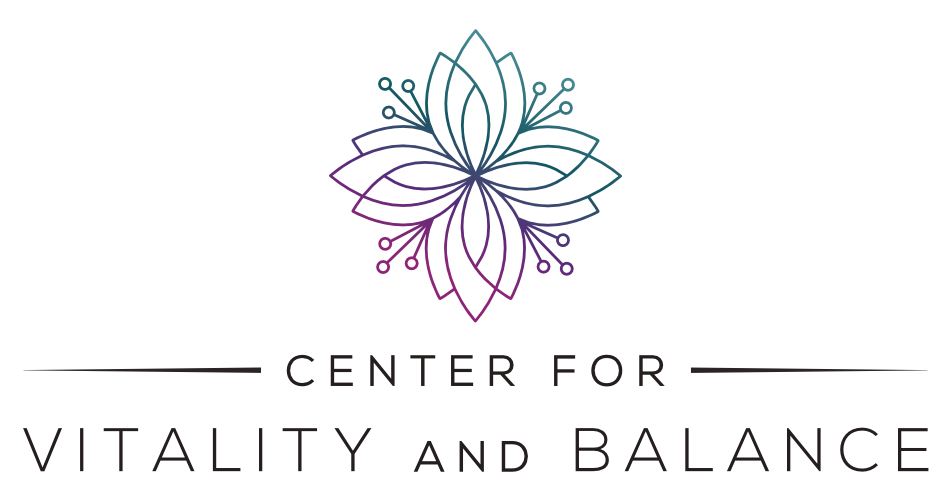Shedding the Mask of Shame
This is really happening; it's not a bad dream. I'm standing in front of the entire second grade gym class with my Penelope Purebread underpants on display and my pants with the elastic waistband by the floor. In my burgeoning 7-year old stubbornness, I wanted to be the very last person to sit on the line as the teacher instructed. Out of concern, my best friend tugs at the leg of my trousers, begging me in a whisper to sit down so I won't get in trouble. "I will, I will, in a SECOND!" It’s a moment that feels like forever and I have WAY more attention than I bargained for. My face burns red hot, my palms get sweaty, and I'm bowled over by my frustration and embarrassment. With a flood of tears spilling down my face, I sit down on the line.
I wish that was the last embarrassing thing that happened to me or that I have done, but like most of us, my list is long. On a date, I inadvertently wore two different shoes because I forgot to choose one while getting dressed. During a performance, I fell off a piano bench and kept right on playing. At my college graduation, I tripped less than gracefully across stage. While backstage at a show and wearing a live mic, I sang along with the performer providing the audience an unappreciated duet. Served raw meatballs with spaghetti. And, on and on and on.
In every one these moments (and countless others left unarticulated), my reaction was the same: I felt shame.
Shame: that dreaded feeling that I am the clumsiest, stupidest person in the world and that I can't get anything right. While this is true of the more hilarious of my embarrassments, I’ve felt deep shame about more serious things. Like living with depression, failing in relationship, struggling health, what I do for a living, how I look, things I have yet to accomplish. It doesn’t take much for me, or for most people, to feel as if our behaviors and experiences are condemnable and that our worth is in question because we may not match some social “norm.” We sense we are unworthy of love if we don’t step up to an outrageous expectation embedded in our minds of how we are supposed to be, act, think, look… you name it. We live in a culture that shames easily and often so that we learn to rely on outside sources for affirmation and confirmation of our worth. As a result, we doubt the legitimacy of our very being.
There is an important difference between shame and guilt. Shame comes to us when something outside of our self, directly or indirectly, makes us feel that we should slink away because of our unworthiness. Shame gnaws at the core of our being and strengthens any self-doubt we may be harboring. This is different than guilt, which is a healthy experience when we have actually done a wrong that can be addressed in some way or another. As my dear friend Robert Albers has written, “Guilt says, ‘I made a mistake,’ Shame says, “I am a mistake.’”
When not named and righted, shame can lead to hiding from others and, ultimately, from ourselves. Shame collects evidence along the way and lies in wait to remind us that we don't belong and we should kindly keep our quirks, idiosyncrasies and “oops” moments to ourselves because we are unlovable. Researcher and author Brené Brown encourages bringing our shame stories to light to help minimize the power of shame. As we do, we find connection as we recognize together that we are all imperfect, as we should be. We can begin to share compassion for each other in the awkward moments, the self-doubt and the disappointments we ultimately experience.

